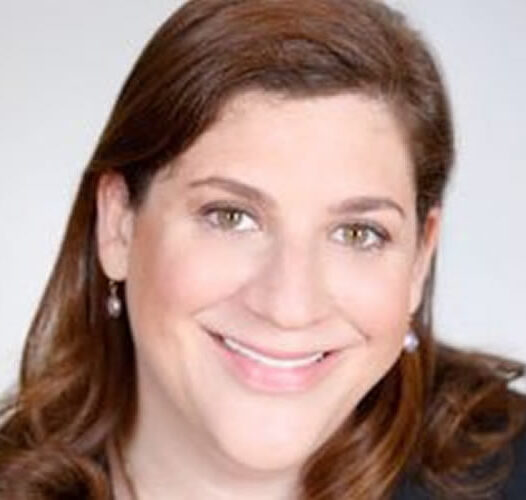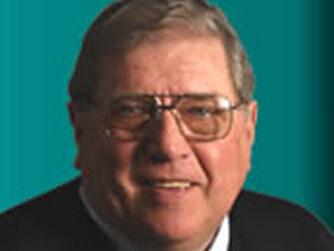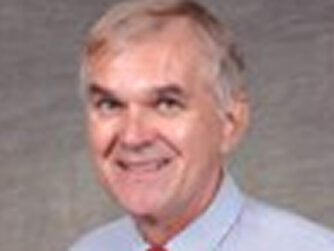Dr. Danna Bodenheimer
In this episode, our guest Dr. Danna Bodenheimer discusses the concept of imposter syndrome as it relates to the social work profession and why social work students often fail to recognize the value and benefits of their work. She describes how multiple external factors contribute to shaping this sensation of falseness and offers strategies that can aid in diminishing feelings of insecurity and incompetence.
Danna Bodenheimer, DSW, LCSW, earned her doctor of social work degree from the University of Pennsylvania. Danna is the head of the Walnut Psychotherapy Center, a trauma-informed outpatient setting she founded, specializing in the treatment of the LGBTQ population. She teaches clinical practice and classes on gender and sexuality at Bryn Mawr’s Graduate School of Social Work and Social Research. Danna received the 2011-2012 Award for Excellence in Teaching from the University of Pennsylvania. She was also selected as a fellow for the American Psychoanalytic Association for 2012-2013. She is the author of On Clinical Social Work: Meditations and Truths From the Field (The New Social Worker Press, 2017).
Interviewer: Laura Lewis, PhD





